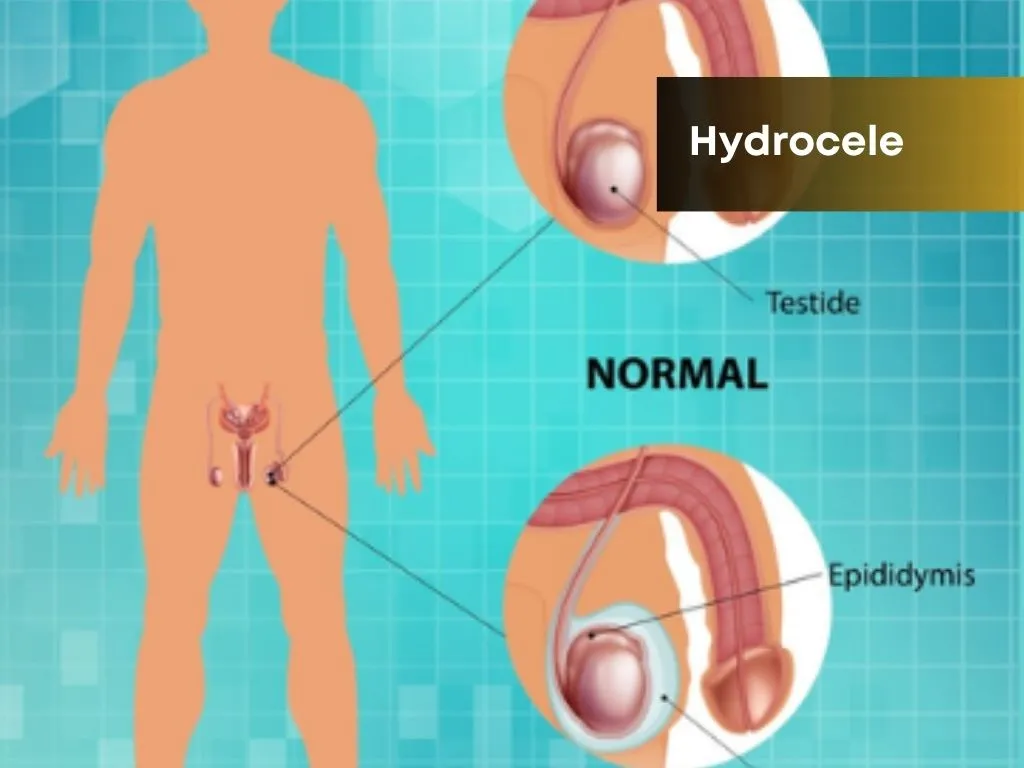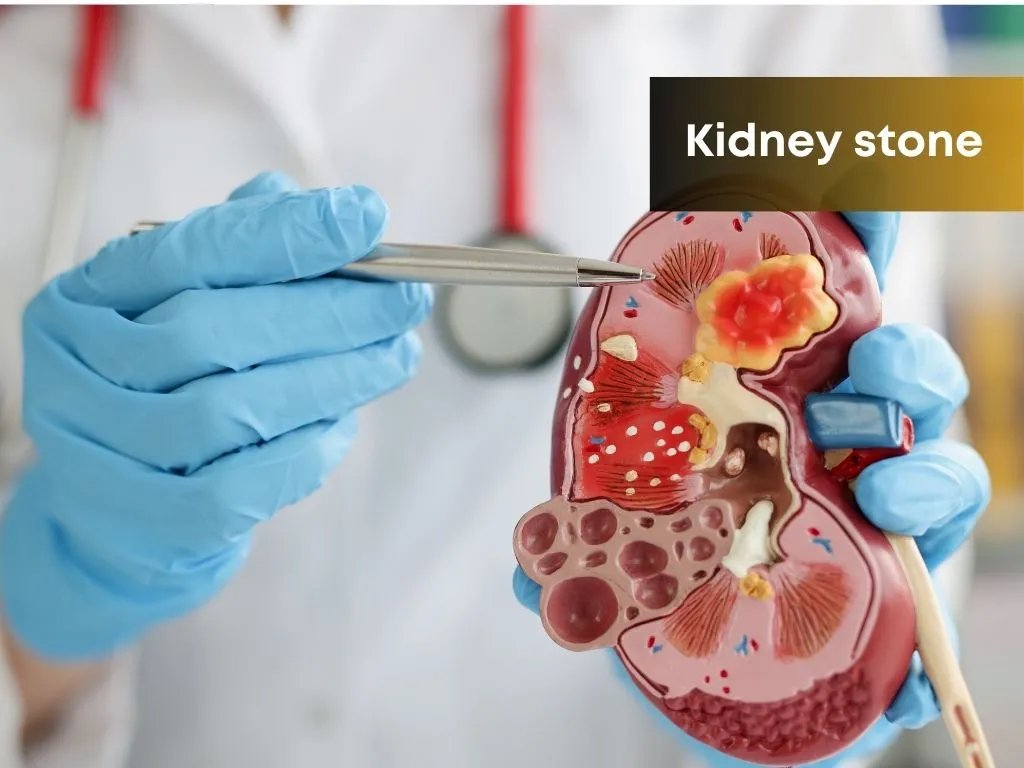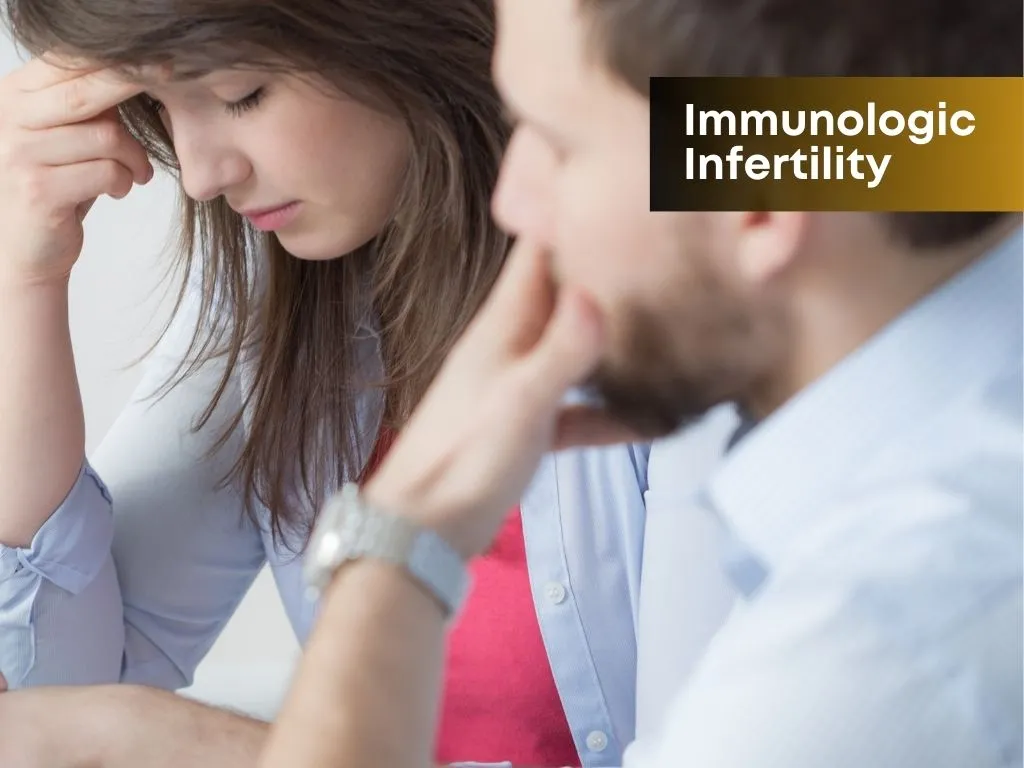Hydrocele
-
 Nalamaree Team
Nalamaree Team
- 22 September 2025
Overview
Most hydroceles in infants resolve on their own. In adults, it may result from injury, infection, or inflammation of the testis or epididymis.
Causes
- Congenital (patent processus vaginalis)
- Injury or trauma
- Infections (especially filariasis in tropical regions)
- Testicular tumors (rarely)
Symptoms
- Scrotal swelling (usually painless)
- Heaviness or discomfort in the scrotum
- Fluctuation in size throughout the day
- Transillumination (light passes through fluid)
Treatment: Modern Medicine
- Diagnosis: Physical exam, ultrasound
- Treatment:
- Observation in infants (usually resolves by 1 year)
- Surgery (hydrocelectomy) if large or persistent
- Treat underlying infection if present
Treatment: Traditional Medicine
- Ayurveda: Gokshura, Punarnava, Kanchanar Guggulu
- Siddha: Neer mulli, Sirukanpeelai
- Unani: Habbe Muqil, Majoon-e-Suranjan
- TCM: Jin Yin Hua, Lian Qiao (for damp accumulation)
- Homeopathy: Rhododendron, Berberis, Conium
- Nutraceuticals: Bromelain (anti-inflammatory), Zinc
Caution
- Sudden swelling with pain could indicate testicular torsion—a medical emergency
- Always rule out underlying infection or hernia
Prevention
- Avoid scrotal trauma
- Treat infections early
- Wear supportive undergarments





















.jpg.webp)
